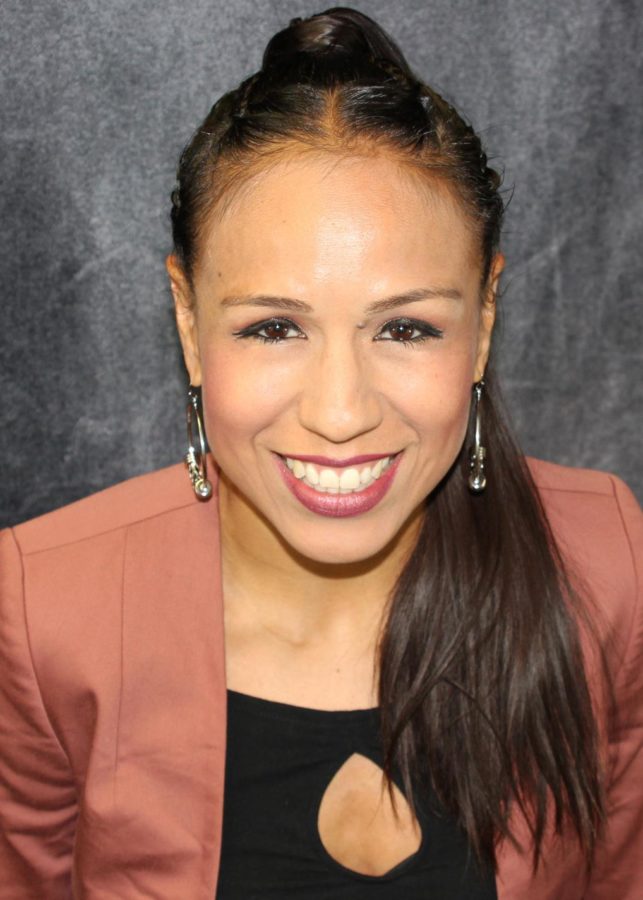Pitt professor appointed to higher education association board
Image via University of Pittsburgh
Gina Garcia, a faculty member in Pitt’s school of education, will serve on the board of directors of the Association for the Study of Higher Education until 2021.
December 2, 2019
Gina Garcia, a faculty member in Pitt’s school of education, studies higher education environments for Latinx students. She’s now been elected to the board of directors of the Association for the Study of Higher Education, a scholarly society based around the study of higher education.
Garcia, who came to Pitt in 2013, was elected to the board as one of its four members-at-large and will serve as a liaison between the board and its members, according to a release from the school of education. The appointment will last from 2019 to 2021.
“The field of higher education is changing rapidly, and the ASHE board is at the forefront of shaping the narrative of transformation so that we can better serve diverse students and address the issues and challenges that arise daily as a result social, political, and economic forces,” Garcia said in the release.
ASHE, which has more than 2,000 members, “promotes collaboration among its members and others engaged in the study of higher education through research, conferences, and publications.” The association has also published the peer-reviewed journal, “The Review of Higher Education,” since 1978.
Garcia’s research focuses on Hispanic-Serving institutions — not-for-profit, degree-granting institutions with an enrolled population that is at least 25% Latinx. Her first book, “Becoming Hispanic-Serving Institutions: Opportunities for Colleges and Universities,” was published through Johns Hopkins University Press earlier this year.
Valerie Kinloch, the dean of the school of education, said Garcia’s election to the board shows a commitment to the type of scholarship Garcia has pursued — which hasn’t always been the case.
“I am excited about Dr. Garcia’s appointment because it reflects an important shift in higher education moving away from antiquated beliefs about the purposes of higher education and for whom, and places necessary attention on how education and educational researchers have a responsibility to interrupt and disrupt the status quo,” Kinloch said.








